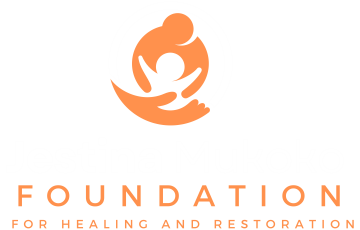STRATEGIC AREASTORY TELLING
The story of Jestina Mukoko is a painful story. It is also at the same time a story of hope and triumph. Many times, stories of victims are told in numbers, figures and statistics. The full story gets lost in translation. The stories are also told mainly for advocacy and exposure. JMF will seek to use story telling as a tool for healing – telling stories from the perspective of the survivors for the sake of healing, above everything else. This strategic pillar for JMF will start with the launch of the documentary on the abduction of Jestina Mukoko scheduled to be launched on 3 December 2023. This will be done together with the release of the second edition of book, The Abduction of Jestina Mukoko. These two products will be used to develop a model for storytelling for healing and restoration as opposed to storytelling for advocacy and documentation.
STRATEGIC AREAHEALING CONVENINGS
As a human rights defender, Jestina has interacted with many victims and survivors. Beyond simply documenting their experiences, Jestina took time to listen and offer solidarity. She spoke with widows who lost their husbands to violence, children orphaned by political violence and yearning for revenge. In a struggle for human rights that has over-professionalised, a healing connection has been lost. JMF seeks to host initially two healing convenings with survivors and victims struggling through trauma and provide long-term accompaniment towards healing and restoration. With support from other international solidarity communities, healing convenings will seek to create a safe space for rehumanizing communities and individuals and restoring human dignity.
STRATEGIC AREAMENTORING
The struggle for human rights has no future without a deliberate investment in young people. Wherever she goes, young women spot Jestina from a distance and rush to request a picture. Many upcoming young human rights defenders find great inspiration in the life and work of Jestina. This inspiration will have a place at JMF, where Jestina will dedicate her time to working with young women in human rights, to provide them with mentorship and support for them to excel in their work and become champions for human rights. An Annual Young Women’s Human Rights Academy (5-day convening) will be hosted where young women in Zimbabwe meet their role models in human rights and learn valuable lessons and skills towards excelling in defending human rights.
